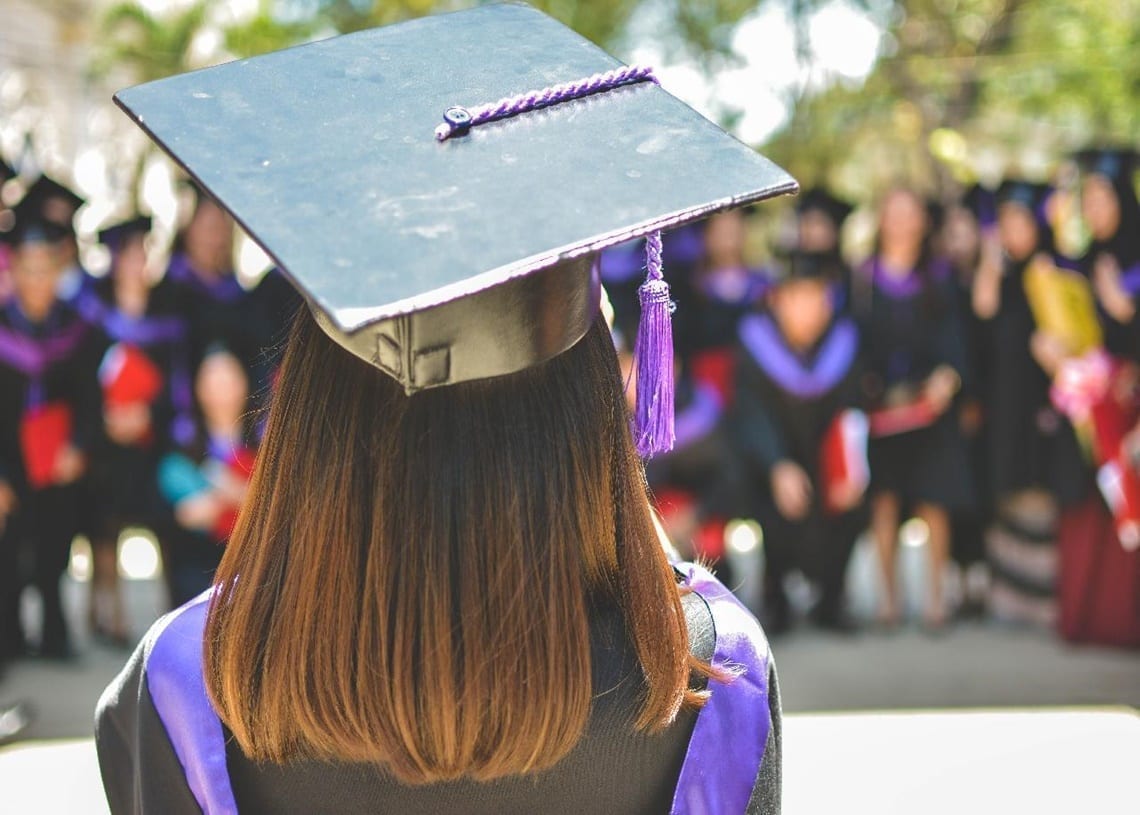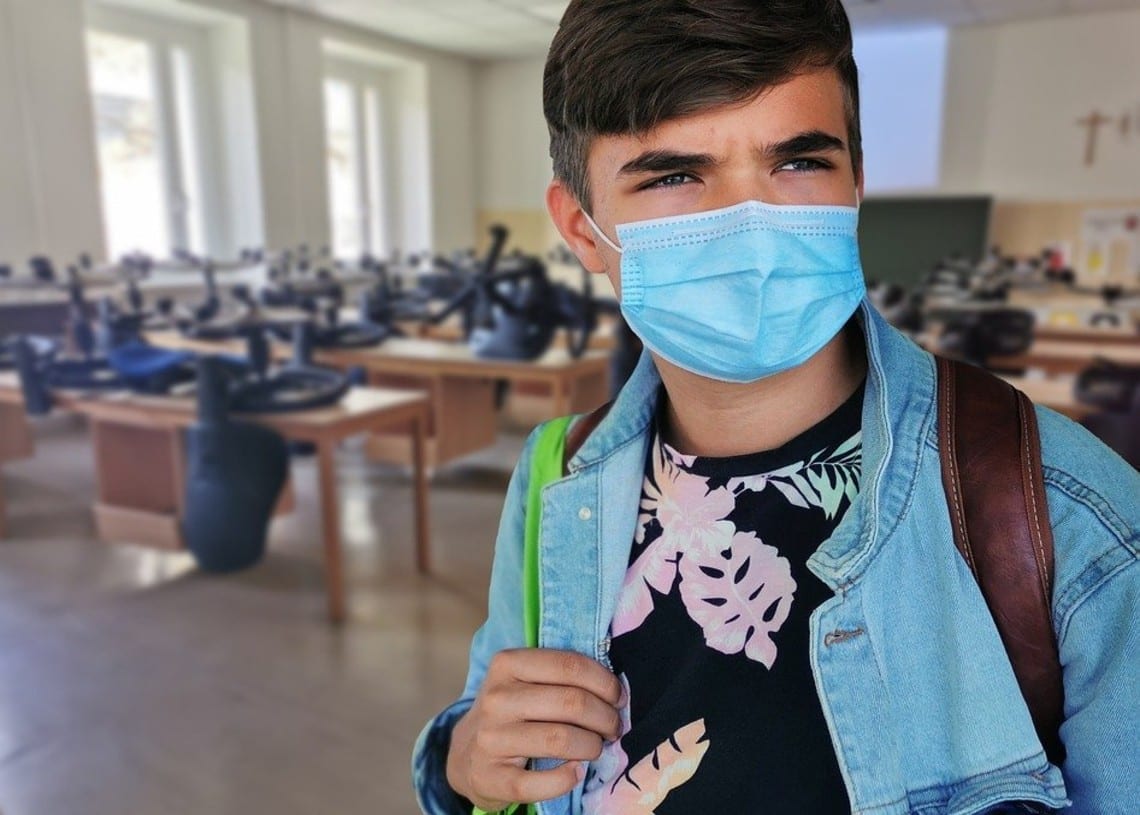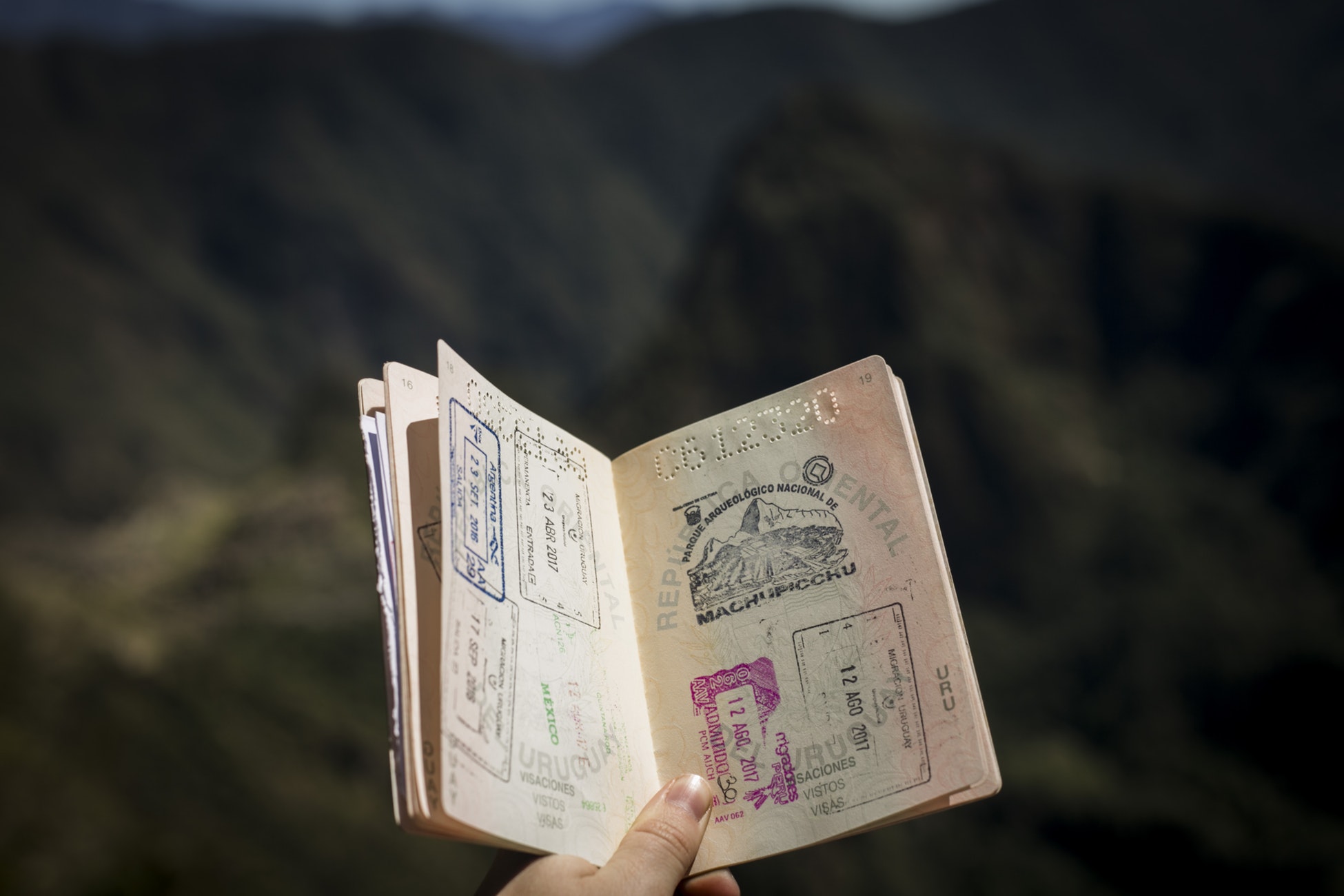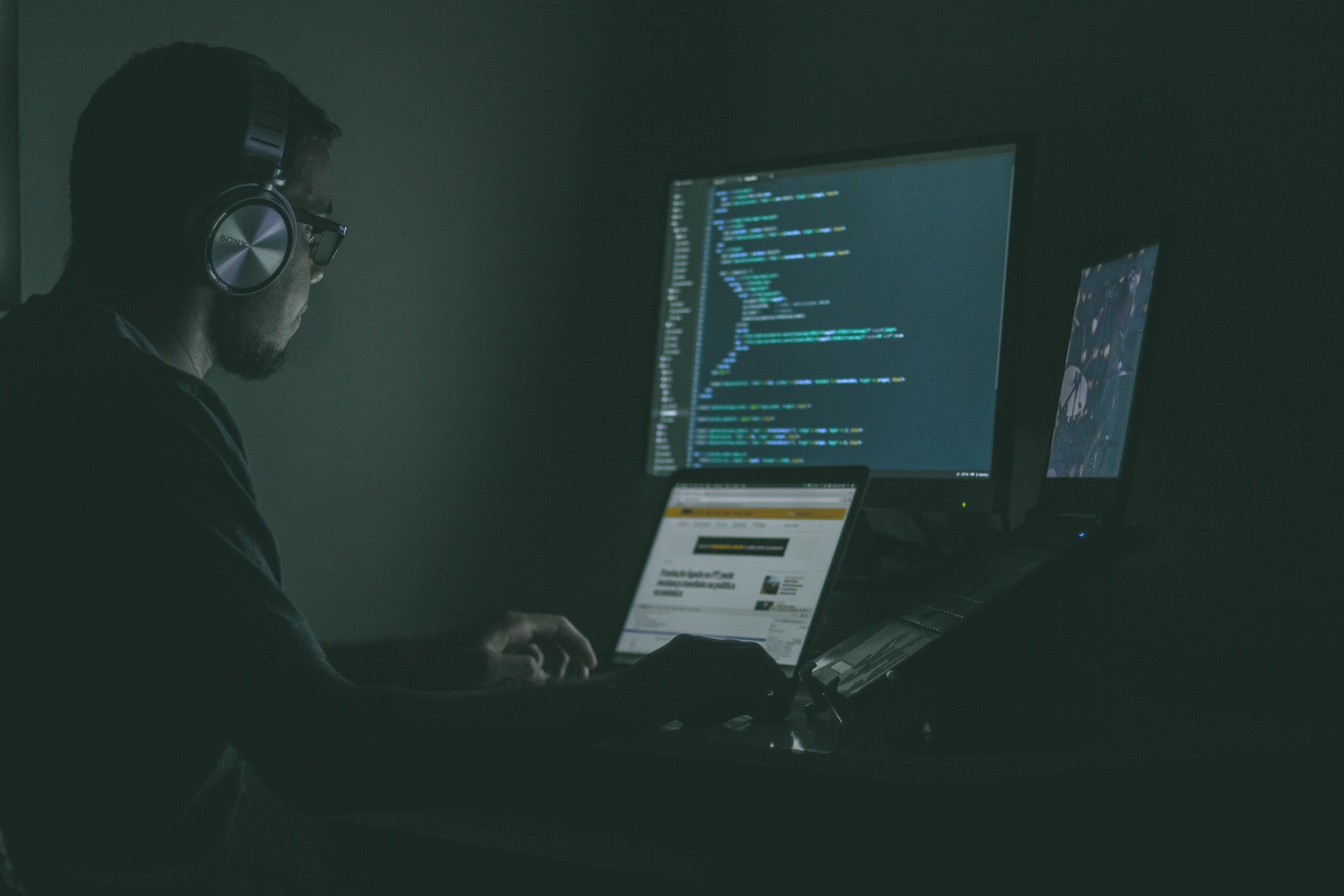Blockchain future is no longer a new phenomenon to academe as a validation system for storing records and learning. However, with the COVID-19 crisis spurring the fourth industrial revolution, learners and tutors recognize its potential and embrace it wholeheartedly to support a full array of learning in the classroom and beyond.
Despite the growing influence of decentralized, open-source online learning opportunities in the blockchain future of higher education, there was no efficient way to track and manage these accomplishments. The modern-age approach to document learning was still missing. But with the advent of technologies like blockchain and AI, employers and universities can now sieve through many applicants to choose the best of the best.
Young scientist adds another feather to India’s cap
The case of a 31-year-old young scientist from India’s northernmost state Jammu and Kashmir, is a fine example of how blockchain future for students would look like. Dr. Shakeel Ahmed may belong to Rajouri’s small-town border district, often shrouded in the shadow of violence due to growing terrorist activities. Still, his dreams were as gigantic as his surroundings were small.
A proud author of over a dozen books on materials science, including polymers and nanomaterials, Ahmed recently became one of the youngest Indians to feature in Stanford University’s top 2 percent of the most-cited scientists in various disciplines, India Tomorrow reported on Nov 10. This illustrious list contains close to 1,60,000 scientists worldwide and acknowledges their stellar achievements in physics, chemical engineering, plant biology, energy innovations, and other fields.
Among Ahmed’s most noted accomplishments is the comprehensive research on the application of green nanomaterials and biopolymers in the field of biomedicals, water supply treatment, and packings. Ahmed’s research has been published in some highly acclaimed science journals, thus earning him a prominent position in America’s prestigious chemical scientists’ association.
There is more to success than working hard
Currently working with the Department of Chemistry in Government Degree College, Ahmed couldn’t help but feel grateful for his selection in the prestigious list. Despite facing several financial and emotional hardships during his childhood, Ahmed was determined to fight all odds and rise above the storm to find the illuminating sunshine in the form of education. Upon finishing his BSc with flying colors, he completed MSc and Ph.D. from a humble Jamia Milia Islamia University.
Today, with the help of timely guidance from his mentors, an unabating determination to succeed, and irreproachable virtues like hard work and effort, Ahmed finds himself among the country’s top IITians, IIScians, and other successful students from top universities.
There is no time limit to success if we are able to protect credentials in pursuit of academic goals. Blockchain future can make all global citizens with no distinction as to what country you are from. As a distributed, secure ledger, a robust-designed blockchain doesn’t just eliminate intermediaries, cut costs, and increase students’ reach to universities and their prospective employers.
Decoding blockchain future for students
Blockchain offers never-seen-before transparency and traceability of past records. Now imagine if all learners have the ability to give undiluted attention to their education without having to worry about what seemingly is one of the largest issues with ad-hoc student records systems.
Even during the pandemic, civil wars, negligence of governments, and lack of local teaching expertise, we can project on proteges from India, Africa, and 3rd world countries to gain a foothold in higher academic institutions. For learners and dreamers like Dr. Shakeel Ahmed, who hail from small villages where even learning within classes is not properly defined and documented, blockchain future enables control of lifelong learning records that recognizes both in-class and real-world experiences.
By ensuring education is better documented, verified, and shared no matter where it takes place in the world, blockchain essentially unlocks lifelong learning and spells the end of document management hassles.







